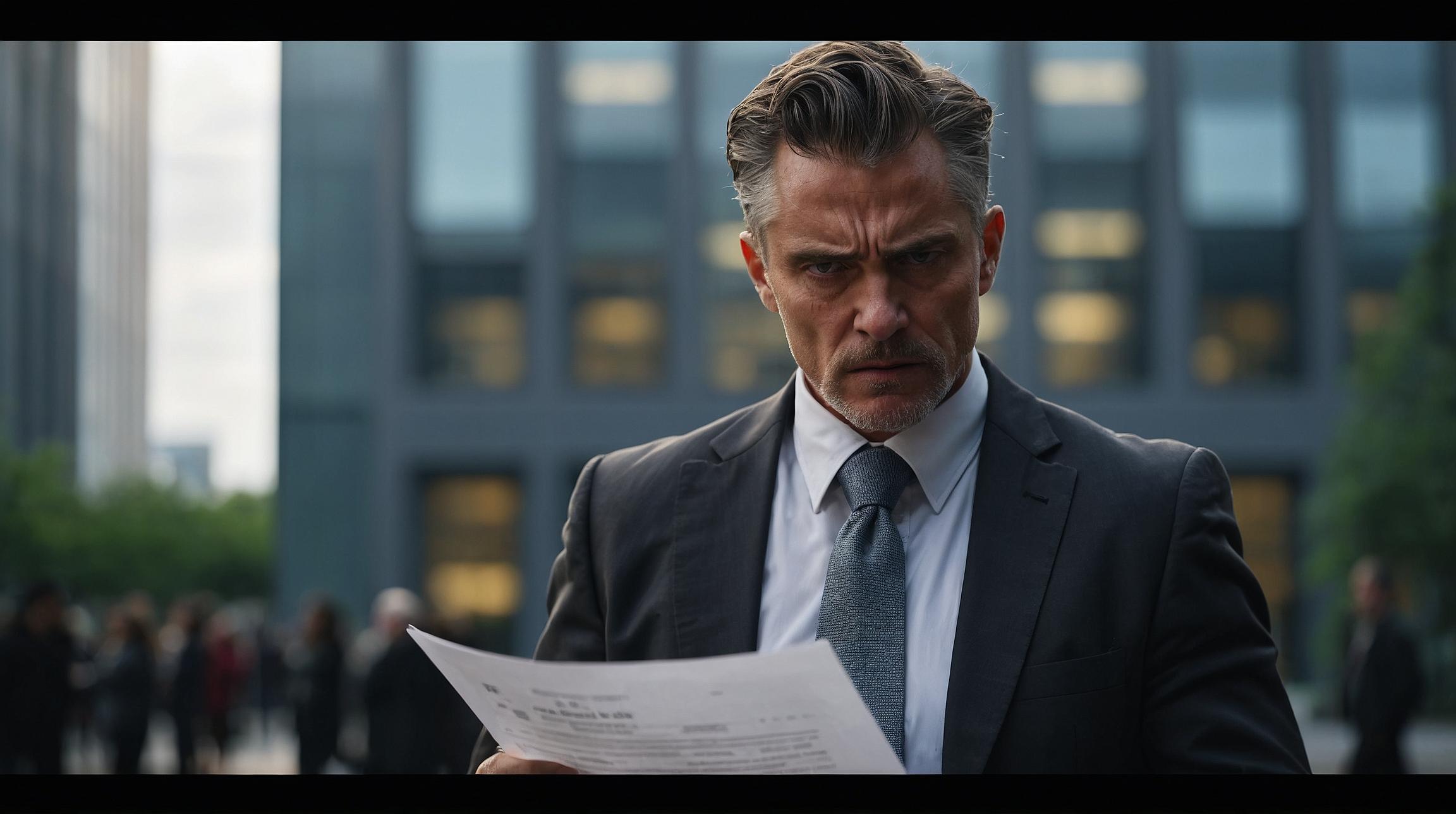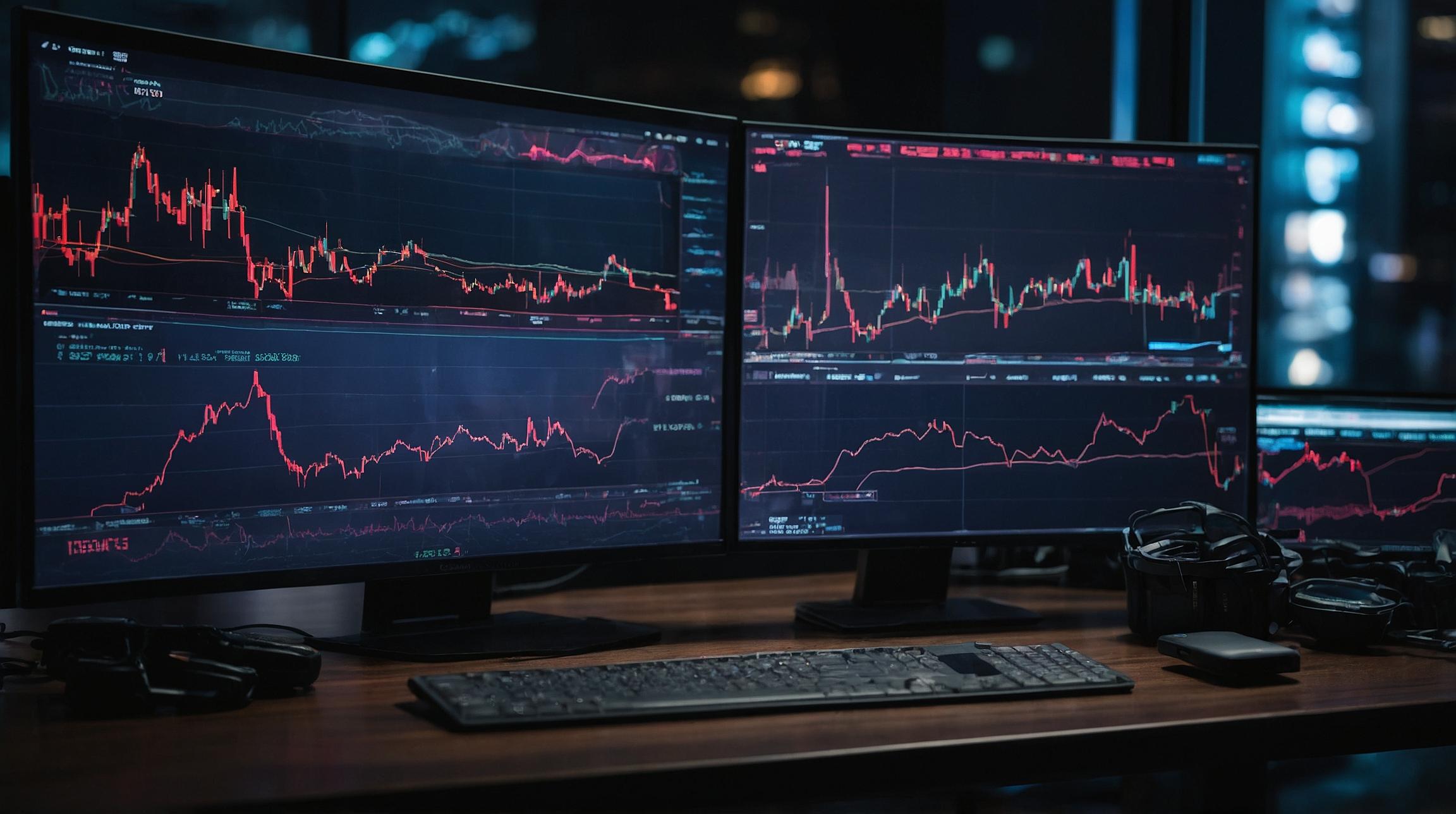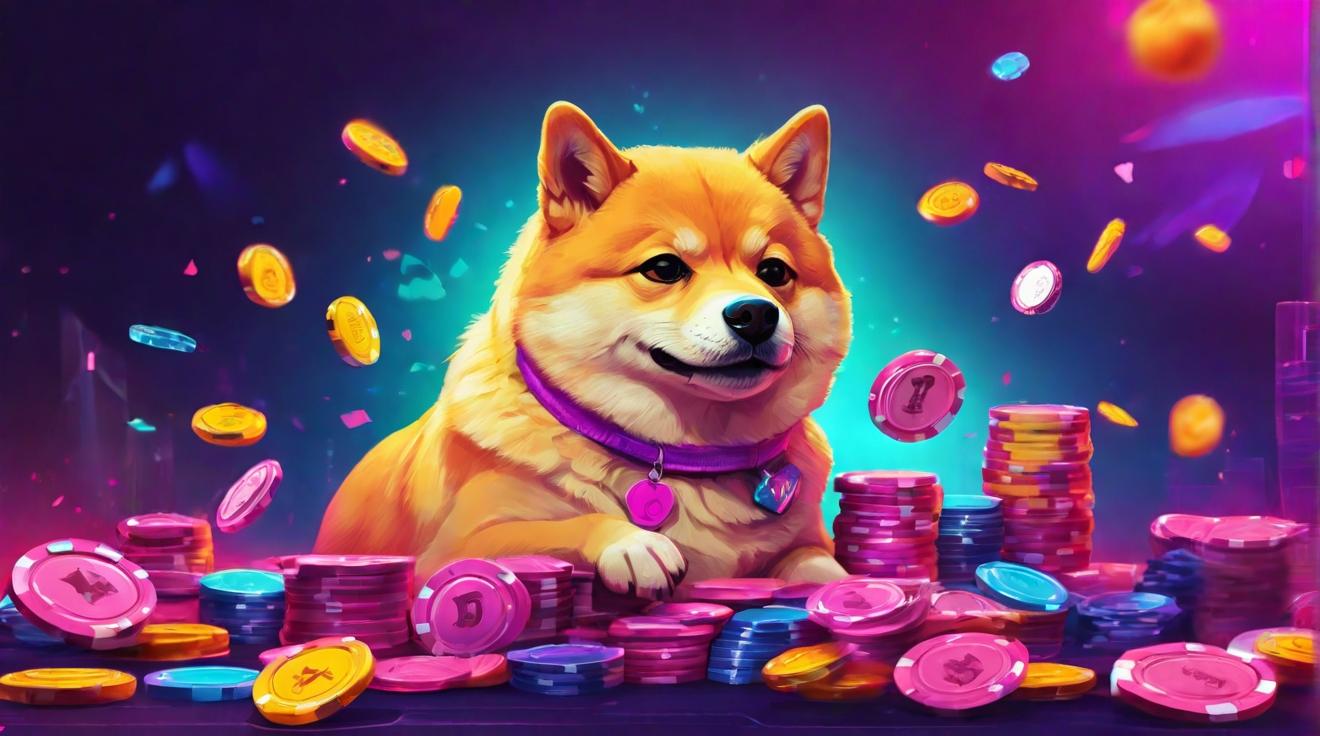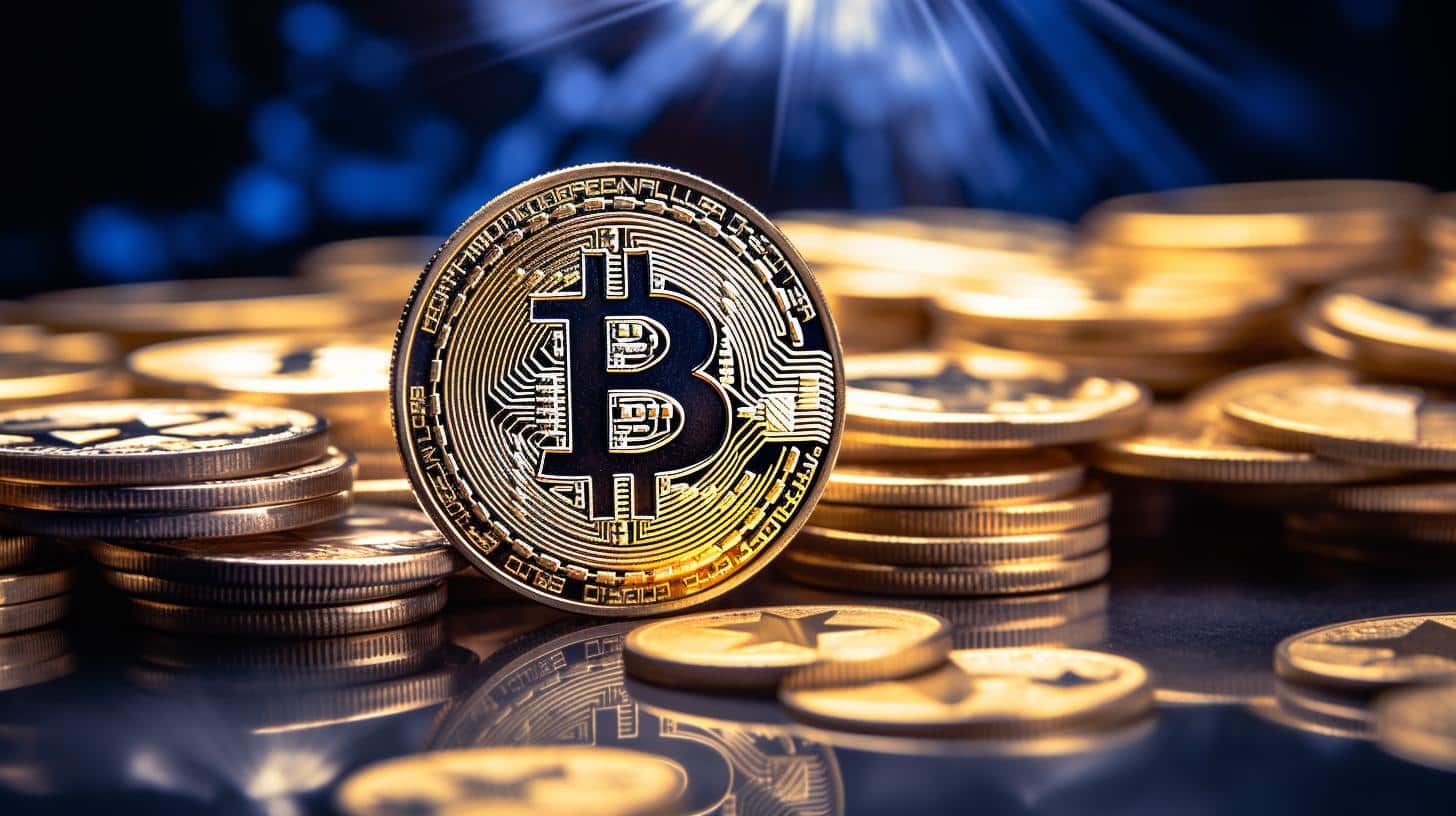SEC strikes the crypto industry again
As the United States gets closer to the presidential elections, the cryptocurrency industry is once more in a difficult spot. While many view Democratic candidate Kamala Harris as a potential ally, the current administration, led by SEC Chair Gary Gensler, has increased its regulatory efforts, now targeting the non-fungible token (NFT) market.
On August 28, the SEC sent a Wells notice to OpenSea, the largest NFT marketplace, indicating its intention to take enforcement action against the platform. A Wells notice is a formal notice from the SEC suggesting they might take legal action against a company or person. It allows the recipient to respond before a final decision is made.
According to OpenSea’s CEO, Devin Finzer, the SEC believes some NFTs on the platform might be classified as securities—a claim that could have significant consequences for the entire NFT sector.
"OpenSea has received a Wells notice from the SEC threatening to sue us because they believe NFTs on our platform are securities. We're shocked the SEC would make such a sweeping move against creators and artists. But we're ready to stand up and fight." – Devin Finzer (@dfinzer) August 28, 2024
This notice was issued just a day after former President Donald Trump, who has positioned himself as pro-crypto, launched his fourth collection of digital trading card NFTs, offering unique benefits like pieces of his debate suit and exclusive experiences at Trump National Golf Club.
OpenSea isn’t the only one under the SEC’s lens. In April, the decentralized exchange Uniswap (UNI) also got a Wells notice, with the SEC claiming it was operating as an unregistered securities broker. Other major companies like Coinbase, Kraken, and Robinhood have faced similar actions in the past. These moves suggest that Operation Choke Point 2.0—thought to be a Biden administration strategy to cut the crypto industry's links with traditional banking—is still active. What’s really happening?
Dissecting the OpenSea saga
In his tweet, Finzer expressed deep concern over the SEC’s approach, describing it as a “sweeping move against creators and artists.” He argues that NFTs are creative goods, like art, collectibles, video game items, domain names, and event tickets, and should not be treated the same way as traditional financial securities. OpenSea is ready to contest these allegations.
From student artists making careers by selling their digital art to indie game developers creating open markets for their in-game items, NFTs have opened new opportunities that could be threatened by the SEC’s actions. Finzer mentioned, “it would be a terrible outcome if creators stopped making digital art because of regulatory saber-rattling.”
Finzer also highlighted other legal battles similar to OpenSea’s situation. He talked about a lawsuit filed against the SEC by musician Jonathan Mann and artist Brian Frye, who feared that selling their art and music might be categorized as unregistered securities. To combat the SEC’s recent actions, OpenSea has allocated $5 million to support NFT creators and developers facing similar legal challenges.
Regulatory ambiguity surrounding NFTs
In the U.S., the regulatory environment for NFTs is still unclear. This lack of clear guidelines creates confusion and uncertainty for creators, buyers, and platforms handling NFT transactions. Currently, there isn’t a specific law in the U.S. for NFTs. Instead, regulators like the SEC try to fit NFTs under existing laws designed for traditional financial products.
The big question regulators are asking is: are NFTs securities? If they are, they would fall under strict SEC regulations, like stocks or bonds. But this is where things get tricky. According to the Howey Test, a legal standard used by the SEC to decide if something is a security, an asset is a security if it involves an investment of money in a common business with an expectation of profit from others' efforts. This test was originally for traditional investments but is now being applied to NFTs, often bought for reasons other than profit.
Applying existing regulations to NFTs doesn’t account for the market’s diversity and complexity. NFTs can represent anything from digital art to in-game items, each with unique characteristics and value. A one-size-fits-all regulatory approach could stifle innovation and limit the potential of NFTs.
For instance, if all NFTs are classified as securities, platforms would need to follow the same regulations as stock exchanges, which could be costly and complicated. Smaller creators might find it hard to meet these requirements, possibly pushing them out of the market. This could limit the diversity and creativity that have made NFTs popular. Moreover, the U.S. is just a part of the global NFT market, and over-regulation in the U.S. could push NFT activities to countries with better regulations. The SEC’s actions, including the Wells notice sent to OpenSea, signal a more aggressive approach. By possibly classifying certain NFTs as securities, the SEC is trying to extend its reach, which could increase costs for users and reduce new NFTs entering the market.
Ripple effects across the industry
The ongoing crackdown under Operation Choke Point 2.0 is affecting not just the NFT market but the entire crypto industry. A clear example is the recent changes at Custodia Bank, a small yet key financial institution in Wyoming serving crypto companies.
Custodia Bank, once an important provider of banking services to crypto businesses, recently laid off nine out of its 36 employees. This difficult decision was made to save money as the bank fights the Federal Reserve in court. At the heart of this legal battle is Custodia’s quest for a master account with the Fed—a key asset that would give the bank access to the central bank’s liquidity facilities and payment services. Without this account, Custodia has to operate through other institutions that have master accounts, leading to much higher costs.
Banking regulators have become more cautious about allowing traditional banks to deal with crypto firms. This increased scrutiny has made many traditional banks hesitant to work with crypto companies, contributing to a growing sense of isolation in the industry. Despite assurances from government officials, like Deputy Treasury Secretary Wally Adeyemo, that there is no coordinated effort to exclude the crypto industry from the broader financial system, the experiences of industry participants suggest otherwise. Custodia Bank itself has faced this harsh reality, with two of its partner institutions ending their relationships, leaving it even more vulnerable.
The crackdown under Operation Choke Point 2.0 reflects the real-world impact of regulatory pressure on the crypto industry. Even a small, state-chartered bank like Custodia, which plays a critical role for businesses lacking other banking options, is struggling to survive.
Social media backlash
The SEC’s move against OpenSea has sparked frustration and anger on social media, with many users expressing disbelief over what they see as a heavy-handed approach to the NFT market. One critic highlighted the absurdity of labeling NFTs as securities, questioning if the SEC might also classify “paintings” or “Beanie Babies” as securities, sarcastically asking if “eBay” might be next.
"Ridiculous to claim NFTs in general are securities. Are paintings securities now? Beanie Babies? Is the SEC coming after eBay next? Seriously silly. You could surely make an NFT that was a security, but you can make slips of paper into securities too (“stock certificates”)." — Emmett Shear (@eshear) August 28, 2024
Another user expressed disbelief at the SEC’s continued actions against the crypto industry, viewing it as a direct assault on innovation.
"Wow. The SEC continues to take measures against innovation." — Steve 🤙 (@SteveKBark) August 28, 2024
The frustration isn’t just about the SEC’s actions; it also extends to politics. One user voiced their disappointment with the Democratic Party.
"Crypto for Harris my ass. Don't vote Dems if you want crypto and American innovation." — cryptopainter (@painter_crypto) August 28, 2024
Another user drew a historical parallel, noting that in 1976, the SEC ruled that art galleries didn’t need to register as securities dealers, even when promoting art as investments.
"In 1976, the SEC ruled that art galleries, even when promoting and selling to buyers that had investment motives, didn’t need to register with the SEC. Galleries = okay NFT marketplaces = not okay." — cryptopainter (@painter_crypto) August 29, 2024
The tweet highlights the inconsistency in the SEC’s stance, suggesting that while “galleries” were deemed okay, “NFT marketplaces” are not. The growing voices on social media reflect a widening gap between the crypto community and regulatory bodies like the SEC. As discussions continue, the debate over regulating digital assets is far from over, with many in the industry calling for more clarity and fairness.













